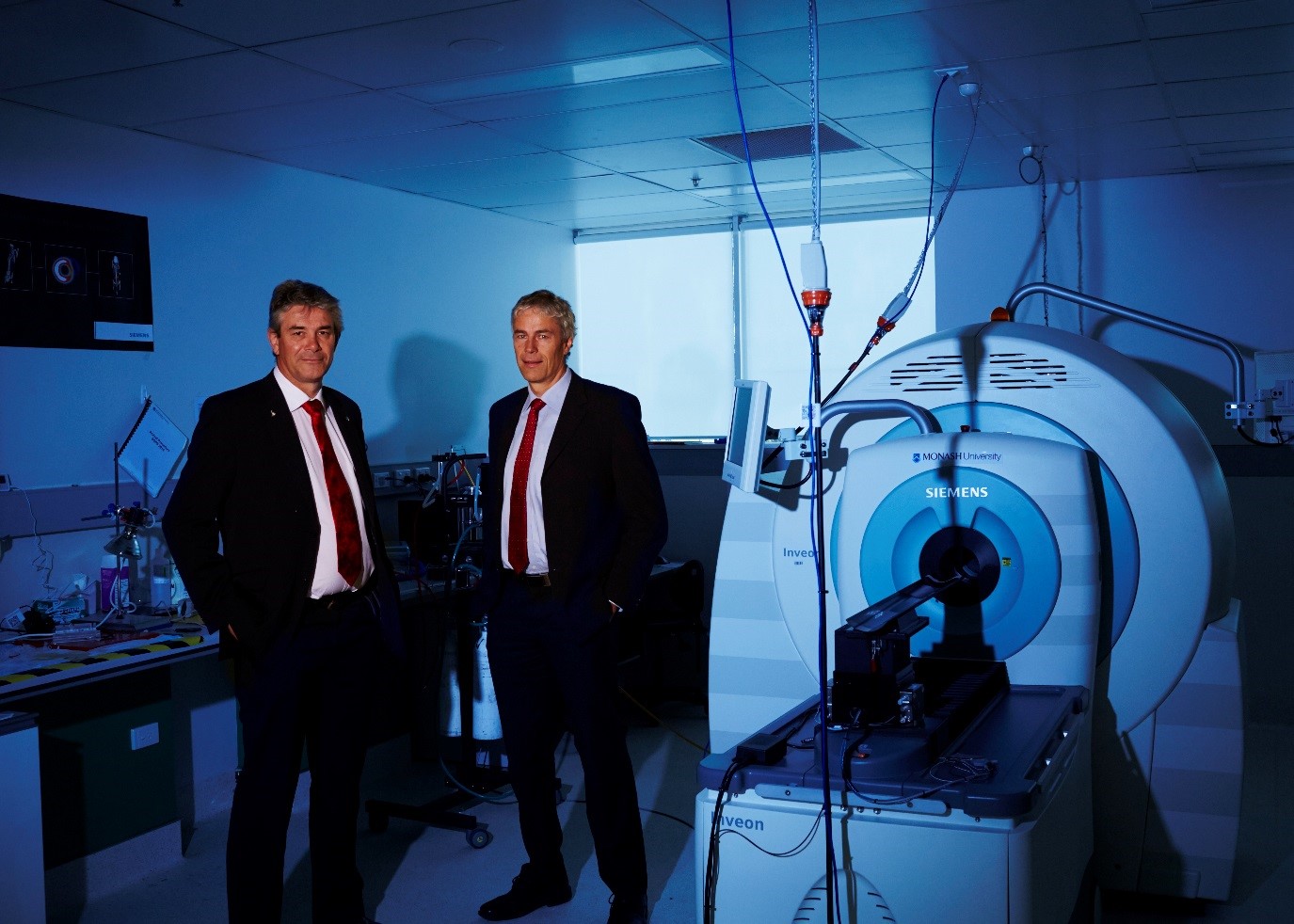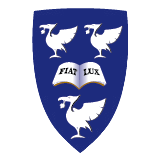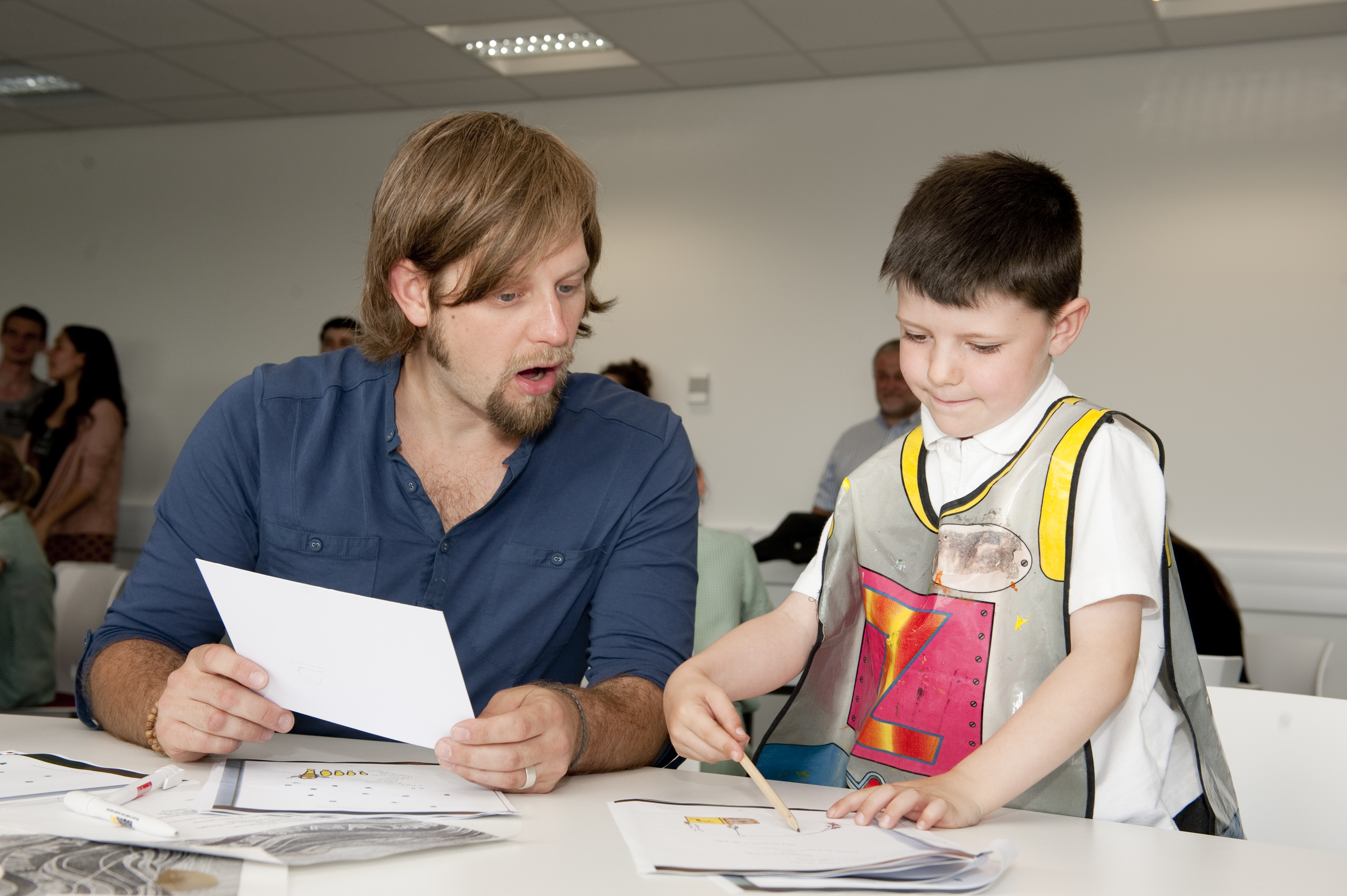Advanced Materials

Sponsored by

Sponsored by

Advanced materials
Supported by our dynamic new Materials Innovation Factory, we are actively looking for new materials that can have large-scale applications in industrial manufacturing, healthcare and consumer products.
Our leading research in the field of advanced materials influences developments in a wide range of fields from catalysis, filtration and absorption of pollutants to battery and fuel cell technology.
The Liverpool Advantage - capabilities and facilities:
- Materials Innovation Factory - we proudly opened our Materials Innovation Factory this year, a unique facilitiy on our Liverpool campus.
- Surface Science Research Centre - our interdisciplinary Surface Science Research Centre carries out research cutting across the disciplines of Chemistry, Physics, Biology and Materials Science.
- Leverhulme Research Centre for Functional Material Design - the Centre will fuse leading-edge synthesis concepts from the physical sciences with ideas from the forefront of computer science.

Our materials chemistry academics have a strong track record in developing the next generation of researchers.
Chloe is working towards her PhD in the field of materials chemistry as part of the Cooper Group. She explains her reasons for choosing Liverpool below.
What attracted you to study for a PhD at the University of Liverpool?
I studied my undergraduate degree at Liverpool and loved how friendly and kind the staff in the chemistry department were. The group I'm studying for my PhD in, the Cooper group, had a strong track record of high quality and regular publications in reputable journals, showing the group was doing some really groundbreaking work.
Why did you decide to study materials chemistry at Liverpool?
Liverpool is one of the best universities to study materials science. With the new materials innovation factory (MIF) we are collaborating on a large scale, people from all backgrounds including life sciences, mathematics and physics being involved with similar work allowing us to advance materials science in a new way. Rather than the traditional method of 'trial and error' synthesis followed by analysis, we're pushing boundaries allowing us to combine computational chemistry, robotics and synthetic work to increase the work flow and speed up material discovery.
What is your research looking into?
My research involves the use of X-ray radiation to determine the atomic structure of a material, this is known as crystallography. This provides us with what is known as the structure-property relationship. This information is important as it allows us further understanding as to why a material exhibits certain properties. The materials I work with are known as Porous Organic Cages, molecular cages which have capabilities of selective gas uptake, and can be used to reduce greenhouse gases in the atmosphere, as well as the removal of carcinogenic molecules such as formaldehyde.
What opportunities have been opened up to you from studying materials chemistry/being a PhD student at the University of Liverpool?
As my PhD primarily focuses on crystallography, I have had the chance to visit the Diamond Light Source in Oxford, which uses incredibly high powered X-rays. As well, I have visited the Advanced Light Source in Berkeley University in California. I have been to one international conference and a few in the UK too. There are also opportunities to work in different research groups around the world, for up to a year
What skills do you feel you have developed during your time studying for a PhD so far?
My PhD has provided me with skill sets which extend far beyond using equipment or chemical reactions. I have learned how to interpret data effectively, which can be applied to a high number of jobs. How to present data in a way which either the general public could understand or a scientist from a different field. As well as this, you have to be able to organise your time well which is a skill which can't be taught easily. Self-motivation is a big aspect of a PhD and again, you can't learn this from anyone else.
Sam Chong, lecturer at the Materials Innovation Factory and Department of Chemistry
Sam talks about Advanced Materials research at the University of Liverpool and specifically about her own research into the development of efficient powder diffraction methods for accelerated materials discovery.
Find out more about Sam's research

University of Liverpool events
13th International Conference on Materials Chemistry (MC13) - 10-13 July
The world’s leading materials chemistry conference, chaired by University of Liverpool researchers took place in Liverpool. The event was co-chaired by Professor Andrew Cooper and Professor Matthew Rosseinsky from the department of Chemistry.
Material chemistry research and the economic health of the nation - Tuesday 4 July
The Science and Society lecture series at the University of Liverpool address the underlying theme of the inter-dependencies of science and society and help to communicate the impact of science to the wider audience.
The lecture took place on 4 July and was given by Professor Andrew Harrison, Director of Diamond Light Source.
University of Liverpool at the Royal Society Summer Exhibition
At the Summer Science Exhibition, University colleagues demonstrated our leading research in the field of Advanced Materials research through the interactive and fun exhibit, Molecular Cages: The Hole Story.
The exhibit focused on porous organic cages, and the use of state-of-the-art automation to accelerate their discovery. Explaining what porous organic cages are, how they are computationally designed, how they are made, and how they can be used in a range of real-world applications that affect everyone.
Dr Becky Greenaway from our Department of Chemistry lead the exhibit.